The European herb market faces sharp price increases and logistical hurdles, says Raymond van der Burgh of Europe Retail Packing (ERP). Nevertheless, the demand for fresh herbs keeps growing, partly thanks to this Dutch company's innovations and strategic choices.
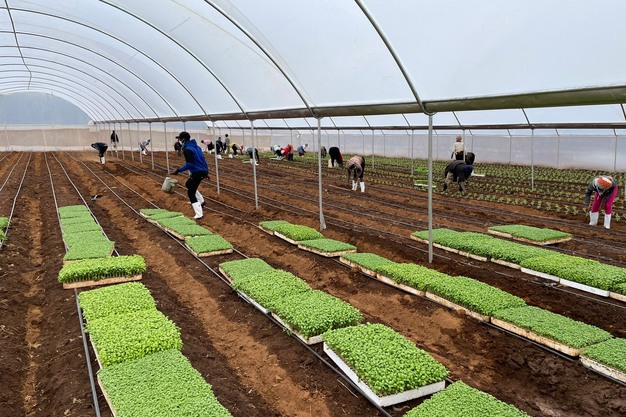
After a tough recovery period following a brain hemorrhage, Raymond is back in full swing at ERP. He and new team members Gaby Poot and Max de Vette are committed to successful herb sales. "We've all come out of the starting blocks strong. It's nice to be able to fully focus on our products and customers again," he says.
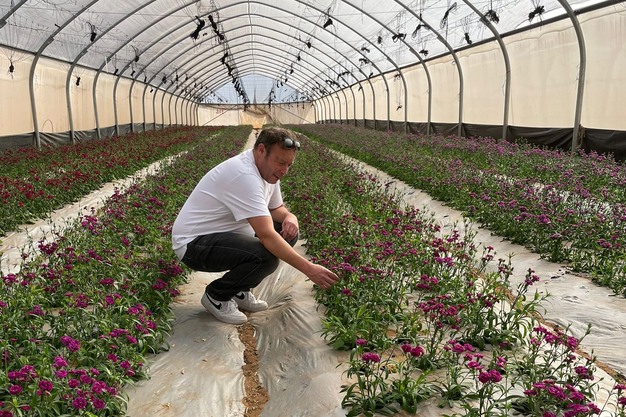
Dutch herbs under glass
Europe Retail Packing has been cultivating herbs like basil, chervil, coriander, and lovage under glass in the Netherlands for eight years now. "Our basil season runs from late April to early October, and for chervil and coriander until late December. There's an increasing demand for Dutch herbs. Bunched herbs used to be popular; now more and more customers want loose herbs."
Impact of geopolitical tensions
The war in Israel severely limits the supply of herbs from there. Many growers in the north of that country have stopped, while others continue producing solely for the local market. "The few who keep exporting face additional MRL inspections in Belgium, which often delays delivery. That's quite frustrating," says Raymond.
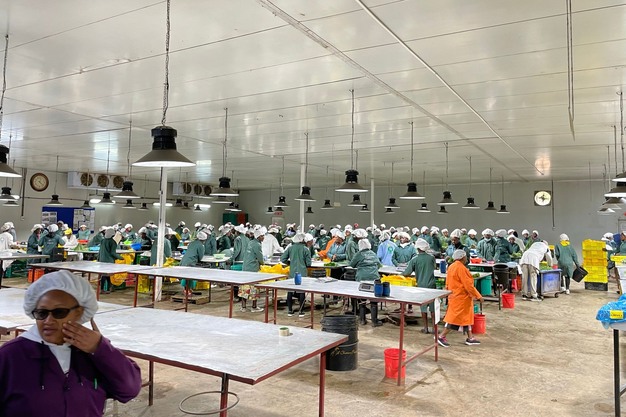
Kenyan herbs, meanwhile, have become a vital supplement, but there, too, are issues. "Cargo flights from Nairobi have been canceled, and air freight rates have risen considerably. So, this winter, imported herb prices are sky-high, and keeping trade running is an ongoing challenge."
European and local solutions
To reduce its dependency on air freight, ERP has turned to European sourcing and vertical farming. "We source more herbs from Spain, Italy, and Morocco. We've also become a market leader in imported Ethiopian chives. Basil, cilantro, and chives are the runners-up, but there's a growing demand for specialty herbs and edible flowers, too," says Van der Burgh.
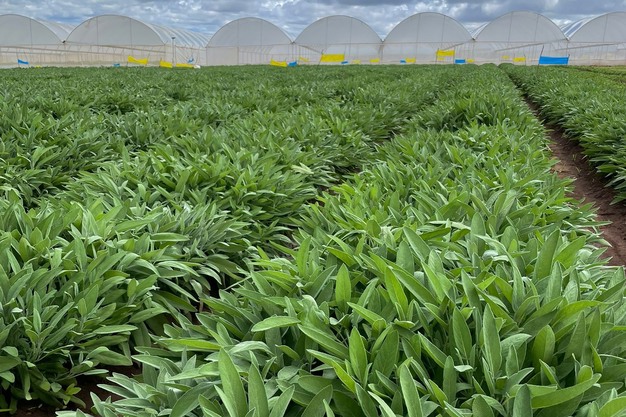
Looking ahead, the company is expanding its cultivation capacity and improving sustainability in the chain. "Supermarkets increasingly want locally grown, or overland imported herbs. Our *5 Senses* brand offers the market quality and innovation. It's great to see the appreciation for our products, not only in supermarkets but also on cruise ships and in the Middle East."
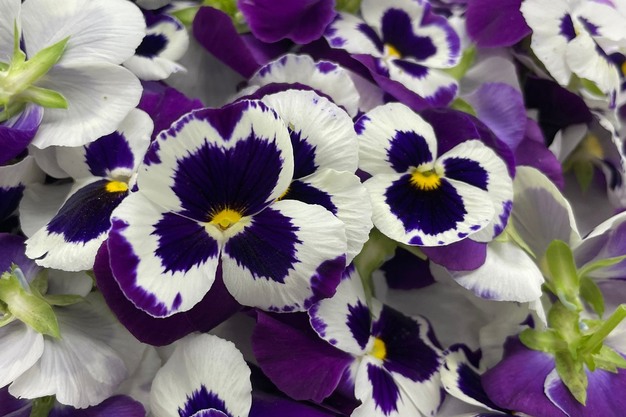
Positive outlook
Despite the challenges, Raymond is optimistic about the future. "There's an ever-growing demand for fresh herbs. And we'll keep serving our clients with quality products, no matter what. With a broad sales channel and strong partnerships, we're well prepared for what may come," he concludes.
Europe Retail Packing
[email protected]
www.europeretailpacking.nl
